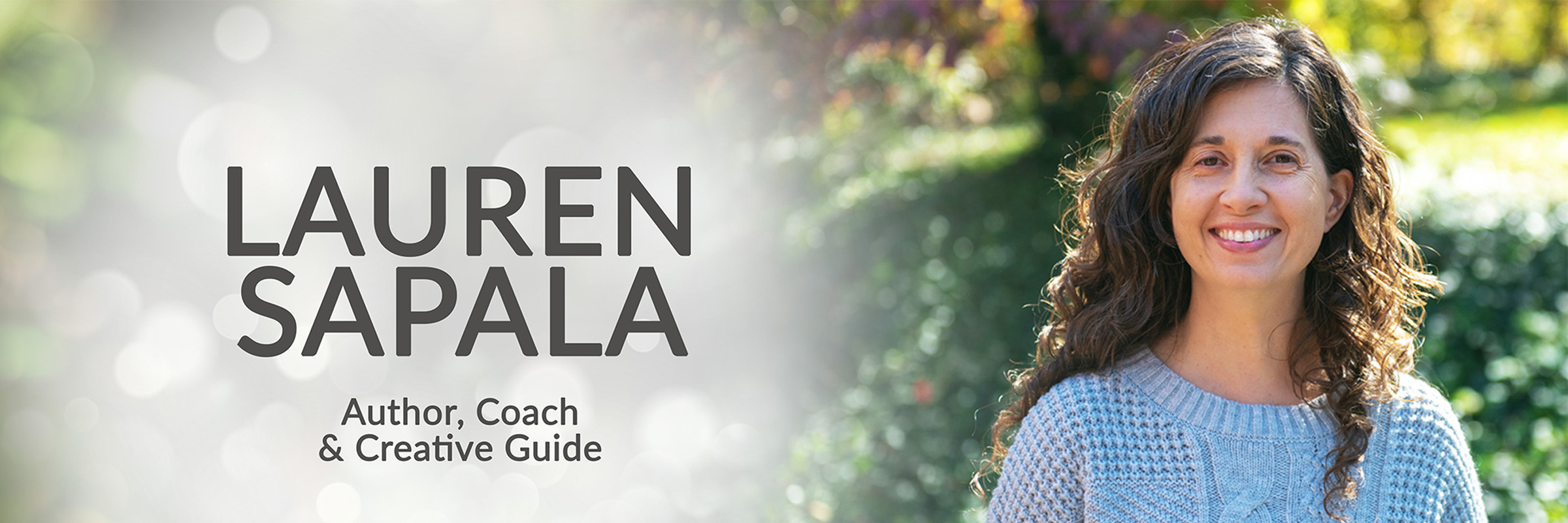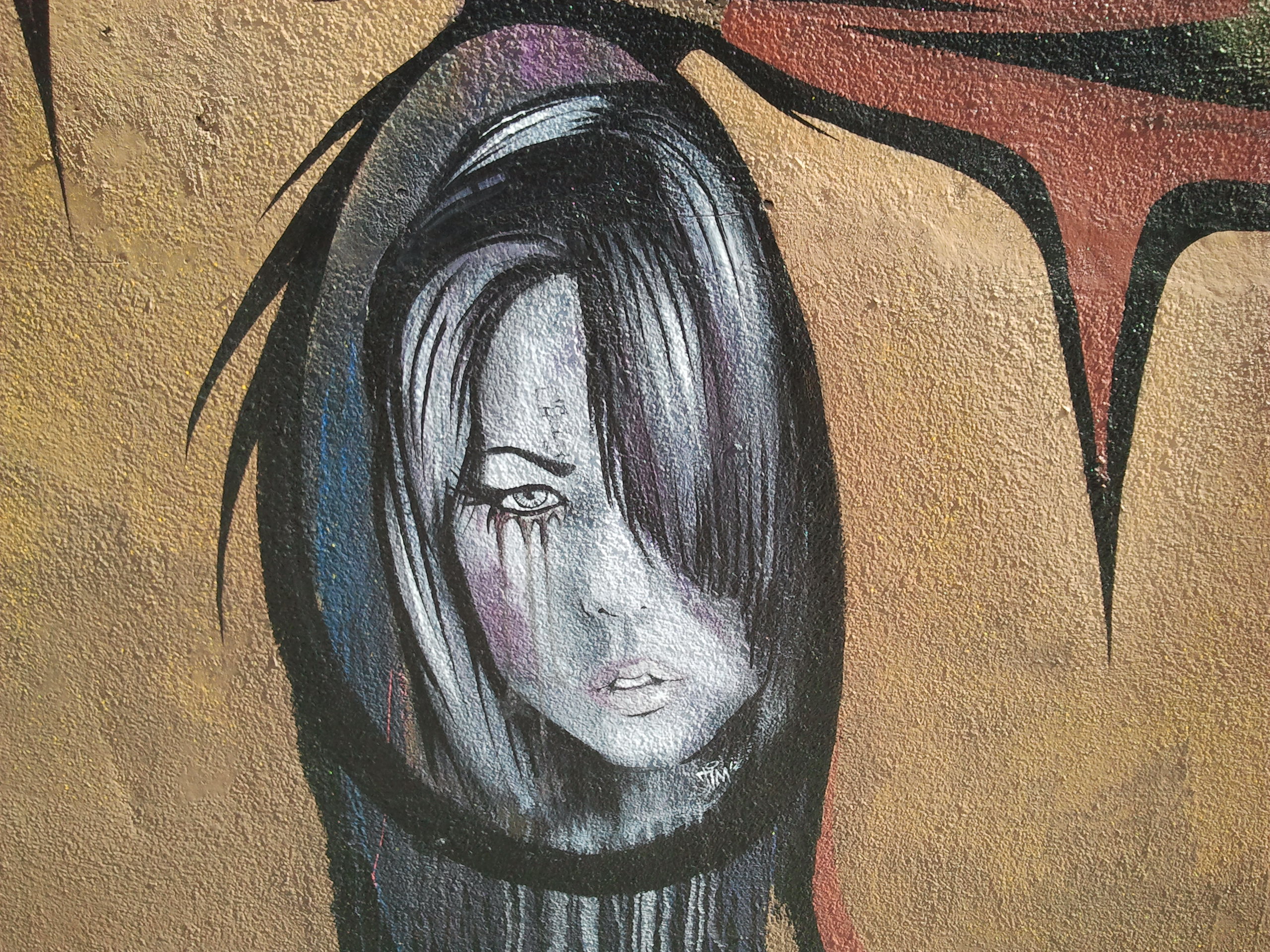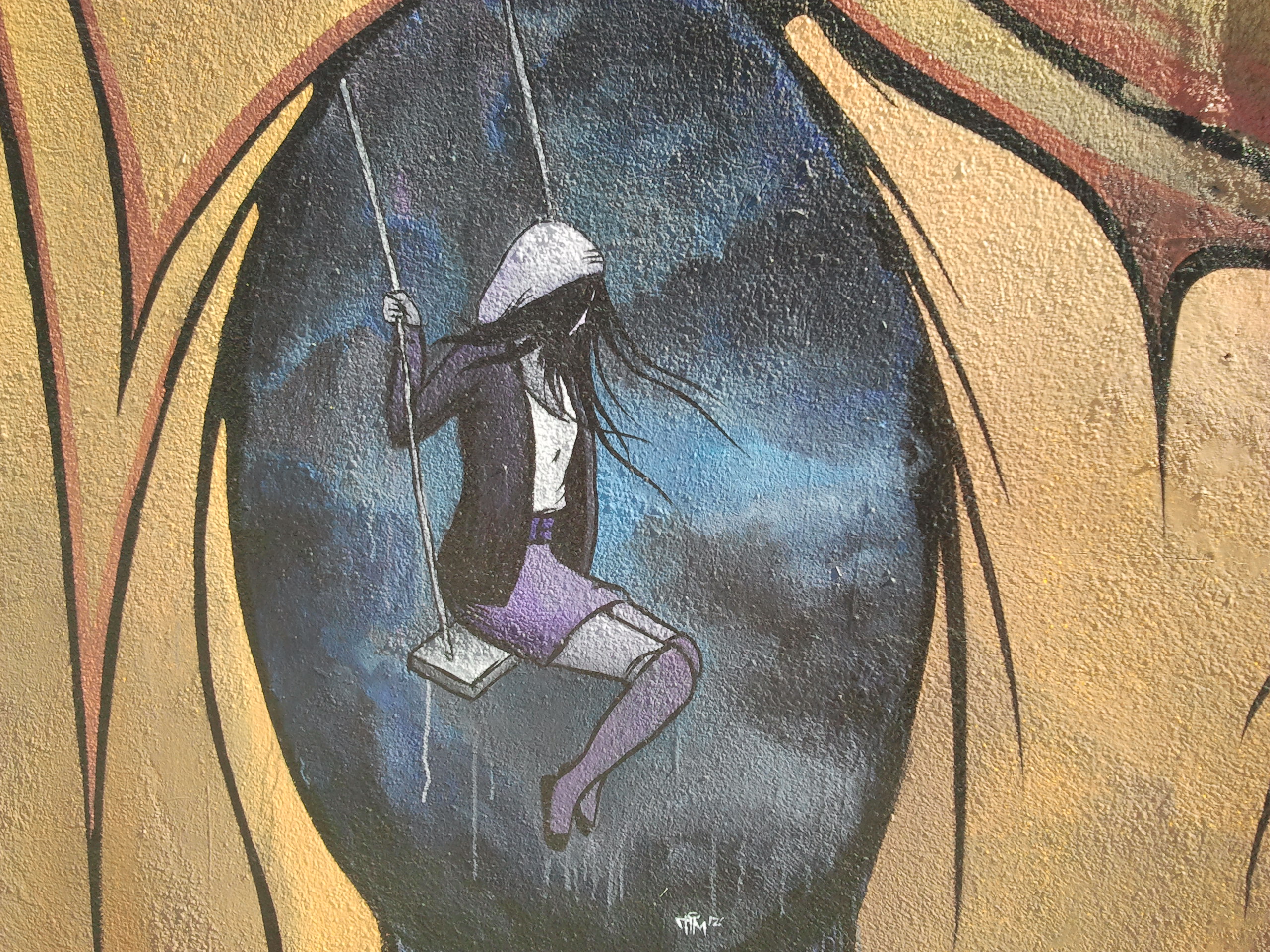
When I first started seriously writing I also started seriously looking around for writing advice, and the most common piece of writing advice I found was, “write every day.” It didn’t matter if I didn’t feel like it, wasn’t inspired, was overwhelmed and busy with other things, I still needed to write every single day. That was what real writers did, and according to the same body of advice-givers, that was what separated the real writers from the wannabes.
So, I tried it. I really did. I set a schedule for myself and I did what all the advice said, I sat my butt in the chair and I stared at the page until I started sweating blood. And I got mixed results. Some days pushing myself to write even when I didn’t feel like it really seemed to work. I would end up writing one paragraph, and then another, and then I would get into a flow and an hour later I had about a thousand words that were kind of decent. But on other days it didn’t work. I just sat there and then finally pushed out about 500 words that sucked. Words that felt forced and contrived and that I hated, and I never could do anything with them afterward. It seemed that no amount of revising could make them any better.
Well, then years later I started coaching writers, INFJ and INFP writers to be specific, and I was surprised to find that many of them had the exact same problem as me. They were trying to force themselves to write every day but it wasn’t working, and they were actually feeling worse about themselves as writers than they had when they started this whole write every day thing. After talking to these intuitive writers more in depth I began to see the pattern. There appeared to be three major reasons that writing every day didn’t work for most INFJ and INFP writers.
Our Intuition Works on Its Own Schedule.
Although INFJs work predominantly with introverted intuition, and INFPs with extraverted intuition, both need time to gather information and absorb it fully. It’s typical for an INFJ or INFP to observe a situation closely and then turn it over in their own mind for days afterward, finally coming to some sort of epiphany or conclusion long after the event in question is over. Since our intuition is also the function that mainly fuels the creativity of both types, it needs the same amount of time to put together the pieces that make up the pattern of a story, or the next leg of whatever story we’re working on at the moment.
This is why I’ve found it’s usually ideal for INFJ and INFP writers to aim for two to three writing sessions a week, lasting approximately 45 minutes to one hour. Taking a day or two off between writing sessions gives our intuition enough time to wonder, ponder, examine, and finally, hand us the revelation we need to continue on with our story.
It’s All Too Easy for Perfectionism to Creep In.
INFJ and INFP writers may look quiet and unassuming on the outside, but if you are one yourself, you know that inside you are passionate, driven, and hold yourself to higher standards than anyone else. It’s not uncommon for INFJ and INFP writers to determinedly latch onto the goal of writing every day, and then the first day that they miss a session, ruthlessly berate themselves as a “failure.” And, once we feel like we’ve failed at keeping to our rigorous daily writing schedule, we give up on the whole thing, sometimes deciding that our “failure” is proof that we’re not cut out to be a writer.
Going with the flow isn’t easy for INFJs, and it’s actually not that easy for INFPs either, even though they have the reputation of being spontaneous fluid unicorns that love the magic of life. Well, INFPs may be that exact type of unicorn, but they’re still highly creative artists, which means they demand a lot of themselves when it comes to their creative work. The best solution for both types is to chill out. If you really want to try writing every day, go for it. But if you miss a day, it’s not the end of the world. You can start again tomorrow.
We Can Be the Most Extroverted of Introverts.
Any INFJ or INFP who hasn’t gotten enough introvert time to themselves will tell you they hate people and they want to go off to spend the rest of their days living alone in a cottage in the woods. But that’s just because we hit stress points sometimes and we need a break. A truly happy, healthy INFJ or INFP writer actually loves people and is constantly fascinated by all the different souls they run across in this life. Our fascination with people and our deep need to connect with them is also one of the main elements that fuels our art. Most INFJ and INFP authors write books that are heavy on the psychological examination of characters and the interplay of human relationships.
The most ideal creative situation for INFJ and INFP writers is taking days for creative work in solitude (reading, writing, listening to music and watching movies, drawing) and then days for being in the company of others (friends, family, and coworkers). If we pressure ourselves to write every day, this might be taking time away from being around people, which we can only do in moderate doses because we are, after all, introverts.
If you’re an INFJ or INFP writer who has been pushing yourself to write every day and you find that you’re feeling frustrated, resentful, or an extreme lack of motivation when you sit down at the page, then you may be pushing yourself too hard. The most important thing you can do as an artist is begin to cultivate the awareness of what YOU specifically need as a creative being, everyone else’s advice be damned. The more you are able to listen to your own inner voice, the more you will contribute to your growth as a writer.
And sometimes when we take the time to slow down, we actually get a lot more done.
Lauren Sapala is the author of Firefly Magic: Heart Powered Marketing for Highly Sensitive Writers, a guide to help any HSP, INFJ, INFP, or introvert writer move past resistance to selling and marketing their work. She is also the author of The INFJ Writer, a writing guide made specifically for sensitive intuitive writers.



